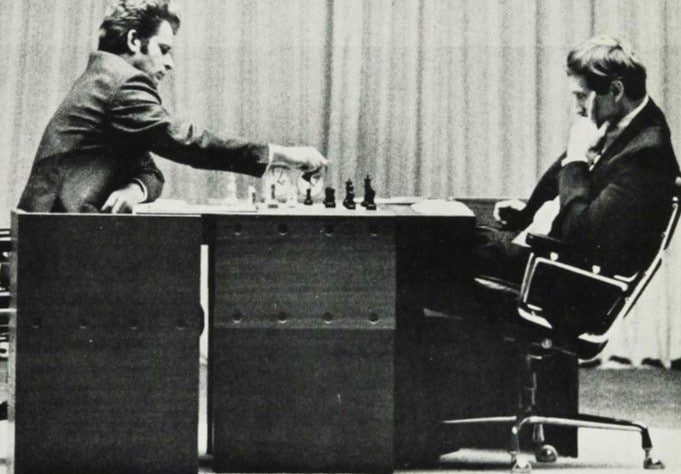“These young guys are playing checkers. I’m out there playing chess.” a quote by Kobe Bryant (of blessed memory) insinuates that chess is more mentally demanding and complex than checkers. Therefore, he reasons significantly higher than “these young guys”. The quote poetically highlights how chess impacts one’s ability to think at a higher level, and in this article, I will elaborate on this impact.
Table of Contents
Enhancing Problem-solving skills
Just as we go to the gym to train our raw strength, build our bodily muscles, improve our cardio endurance, etc., so do we look to chess to train our problem-solving skills, concentration levels, memory, etc. Problems in chess typically involve two concepts: the need to attack or convert a position and the need to defend a position against an attack or imminent attack properly.
Solving a problem requires creativity because your opponent will often not make your potential best moves obvious to you. A player must be creative to discover and exploit weaknesses in their opponent’s position. Intuition is another way to describe this ability. The best way to train intuition in chess is by solving many puzzles. This form of training presents opportunities to practice actual positions without the pressure of playing an actual game. Before taking part in the chess tournaments in real life, make sure that you have learned the essential chess theory on websites such as chessdoctrine.com.
We can apply the intuition we develop from training, and playing chess can be applied in various real-life scenarios. Imagine your car breaking down on the highway. You have many choices to make at that moment, like crying and whining, calling a friend or family to come to your aid, flagging down a stranger to help, trying to diagnose the issue and fixing it yourself using YouTube, calling a mechanic, calling a towing vehicle, etc.
Conclusively, the intuition developed from playing chess will guide you in making the best choice that solves the immediate problem here. We see this car-breakdown scenario as moments in chess games when we are attacked and have to defend under immense pressure.
Improving Memory and Concentration
With an adequate level and concentration depth, memory’s true capabilities are maintained. This observation is why the legendary Bobby Fischer controversially demanded the venue of his 1972 match against Boris Spassky. He needed to concentrate on playing at full strength, but the camera-buzzing and soft audience noises, like coughing and wheezing, distracted him significantly. The distraction was so apparent that he made a famous blunder that a 1600-rated player wouldn’t make.

After that blunder, he demanded the venue change, or he would forfeit. This controversial show strongly highlights the need for maximum concentration during chess. When concentration is secured, memory naturally blossoms because now, you do not easily forget about the bishop fianchettoed on a long diagonal, and you do not forget about the knight sitting on c3 to protect the d5-square from the opponent’s queen.
Blindfold chess is the most powerful means of training your memory using chess. It takes remarkable concentration and memory to remember the placement of each piece on the board each time you want to play your turn against your opponent. While it is remarkable to play blindfold chess and win, it is even more remarkable to play blindfold chess against multiple opponents simultaneously. Of course, it is a testament to even more outstanding memory capacity.
The skills honed in blindfold chess transfer effectively to other areas of life, particularly those requiring strategic planning and problem-solving. This cognitive enhancement is not just limited to memory but also extends to the ability to foresee consequences, understand complex situations, and make decisions under pressure. Such skills are invaluable in real-world scenarios where quick thinking and strategic foresight are essential. Furthermore, regular engagement in chess, especially in challenging formats like blindfold play, promotes mental agility and adaptability, crucial traits in an ever-changing world. The discipline and focus required in chess are, therefore, not just for the game, but for life itself.
Boosting Strategic and Analytical Thinking
Emanuel Lasker urges us to look for a better move after finding a good move—this desire to strive for more births analytical thinking. Analytical thinking in chess is the ability to identify the potential gravity of moves and to measure the probability of success according to the said moves. It ensures we explore all possible options and find harmony in our strategy.
Analytical thinking also helps us define the current status of a game—to know if we have the front foot or are trailing positionally, even when it might not look obvious to the untrained eye.
Summing Up
These cognitive skills enhanced by chess give chess players an edge against people who do not train their minds to a similar extent. Therefore, it is advisable to play chess often and recommend it to individuals of all ages because as much as it develops the mental capacity of children, it also prevents the deterioration of mental capacity in older people.





